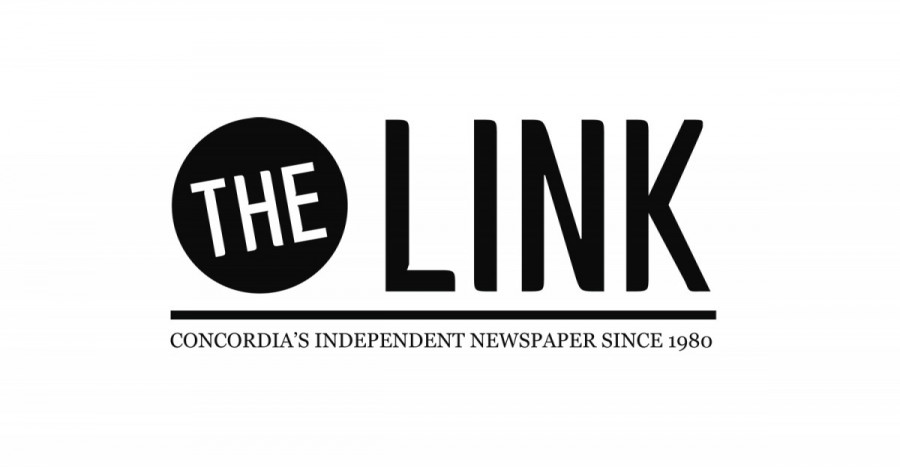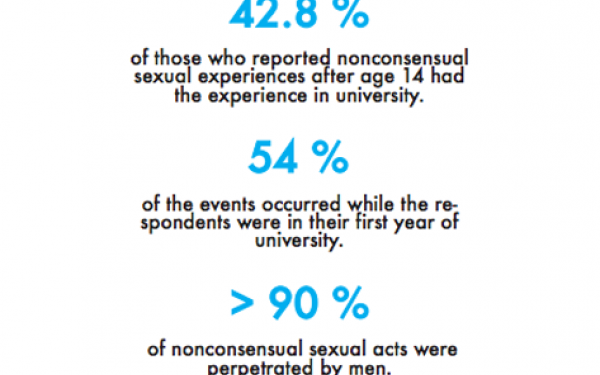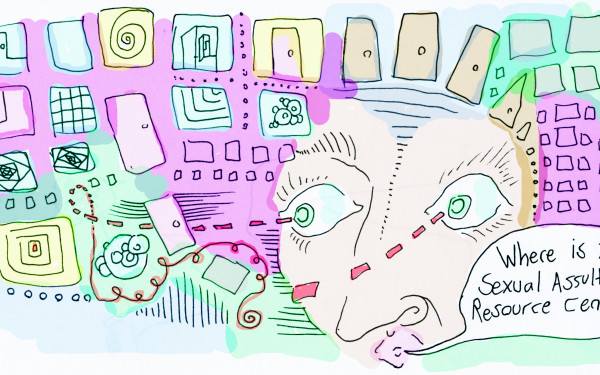Rape Culture in Our Own Backyards
Concordia Needs a Sexual Assault Centre—Now
Concordia students are not known for their apathy.
In 1969, we held the largest student occupation in Canadian history. Thirty-three years later, we flooded the street with 2,000 people to protest a speech by then-former Israeli Prime Minister Benjamin Netanyahu. Last year, we became the first English university in Quebec to vote in favour of a university-wide strike mandate.
Generally, we choose to take a stand.
Yet as the 2110 Centre for Gender Advocacy at Concordia pushes for a sexual assault centre on campus, most students have remained largely quiet on the issue.
In theory, a sexual assault centre would provide survivors with psychiatric support, aid in contacting authorities and help with solutions if the assaulter were also a Concordia student. Considering how many Concordia students have been or might be assaulted in their lives, it’s a proposal that makes sense.
So, why don’t we have one yet?
“Space is at a premium,” explained 2110 administrative coordinator Julie Michaud. “And there’s still the question of how it would be funded. Would the staff be paid? Would it mean a new fee?”
Concordia University recently purchased two floors of the Faubourg Building for $4.5 million in a highly publicized move that has received mixed reviews. Thus far, the plans for the new space do not include a sexual assault centre.
As university students, the majority of us fall into the sexual assault “red zone” between the ages of 18 and 24 when we are most likely to be violated—and we don’t have a sexual assault centre. We don’t even have the right education to understand the nature of consent.
“Sex education focuses on how babies are made, and not on consent and how to make sure you’ve got it,” said Michaud. “Some people don’t realize some things are sexual assault. They don’t understand the nuances of consent or that pressuring isn’t ‘consent.’”
We are teaching our children not to get raped, instead of properly teaching people not to rape.
“Rape culture” describes a society that—consciously or not—excuses and normalizes rape and violence. This can be done through media or simple popular opinion.
It might be thinking that a girl was “asking for it” because of the way she dressed, assuming that a victim was abused “because they weren’t being careful” or asking: “Well, it isn’t rape if they’re dating, right?”
Rape culture tends to go hand-in-hand with slut shaming and victim blaming, both of which happen far more often in Canada than we would like to admit.
According to a report by the Canadian government, approximately one in four girls is sexually abused by the age of 18. For boys, it’s one in six.
And those are only the ones we know about—a 2004 Statistics Canada report asserts that only one in 10 sexual assaults is reported to the police, if not fewer.
In a society that likes to think of itself as modern and liberal, why do the majority of victims—58 per cent, according to Statistics Canada—think their assault isn’t “important enough” to report?
“We use terms like ‘raped by a test’ or ‘f-raped’ [Facebook raped],” said Michaud. “Why would you use a serious, traumatizing term for something so trivial? We’re treating rape like it’s an ordinary, mundane thing. We should be appalled.”
But if we get appalled, if we get mad, Concordia students might take a stand.






1_600_375_90_s_c1.jpg)
